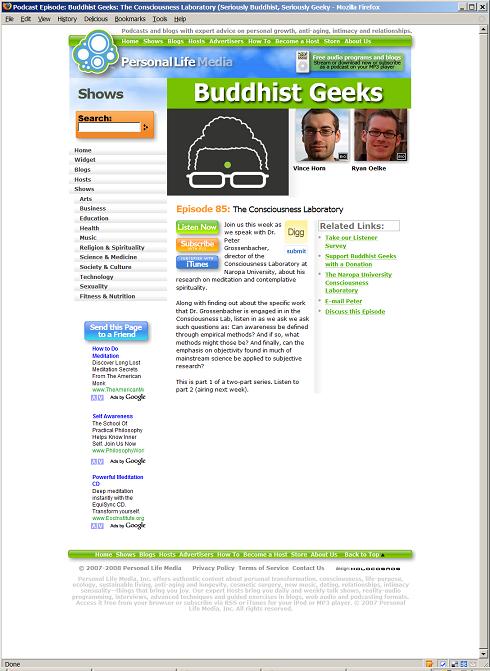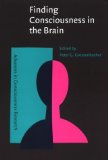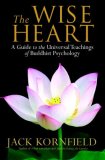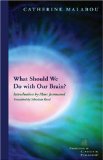coming soon: ‘Our Knowledge of the Internal World’
August 30, 2008
Our Knowledge of the Internal World (Lines of Thought) by Robert C. Stalnaker (Oxford University Press, September 15, 2008)
Product Description
On the traditional Cartesian picture, knowledge of one’s own internal world — of one’s current thoughts and feelings — is the unproblematic foundation for all knowledge. The philosophical problem is to explain how we can move beyond this knowledge, how we can form a conception of an objective world, and how we can know that the world answers to our conception of it. This book is in the anti-Cartesian tradition that seeks to reverse the order of explanation. Robert Stalnaker argues that we can understand our knowledge of our thoughts and feelings only by viewing ourselves from the outside, and by seeing our inner lives as features of the world as it is in itself. He uses the framework of possible worlds both to articulate a conception of the world as it is in itself, and to represent the relation between our objective knowledge and our knowledge of our place in the world. He explores an analogy between knowledge of one’s own phenomenal experience and self-locating knowledge — knowledge of who one is, and what time it is. He criticizes the philosopher’s use of the notion of acquaintance to characterize our intimate epistemic relation to the phenomenal character of our experience, and explores the tension between an anti-individualist conception of the contents of thought and the thesis that we have introspective access to that content. The conception of knowledge that emerges is a contextualist and anti-foundationalist one but, it is argued, a conception that is compatible with realism about both the external and internal worlds.







